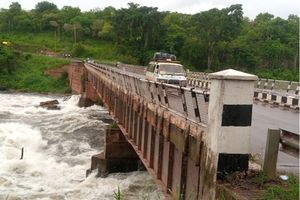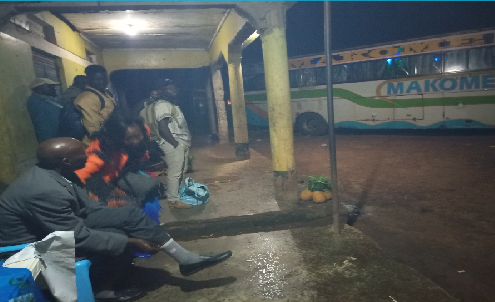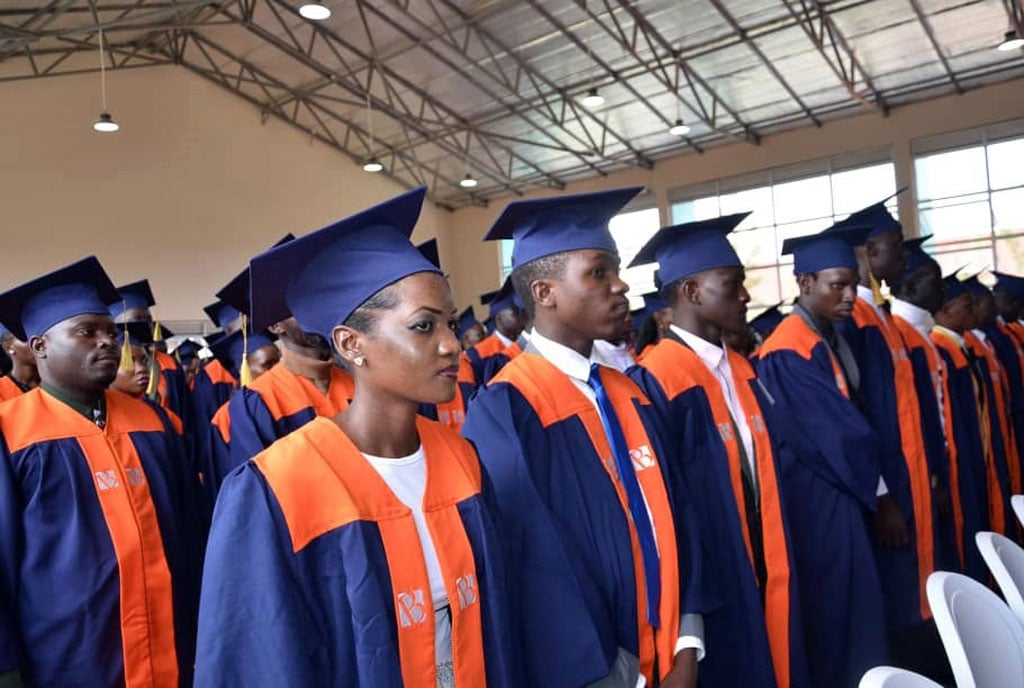
The Minister for Works and Transport, Gen Edward Katumba Wamala, inspects Karuma Bridge on September 17, 2024. PHOTO/COURTESY OF THE MINISTER’S X HANDLE
The Minister for Works and Transport, Gen Edward Katumba Wamala, on Tuesday ordered a complete shutdown of Karuma Bridge effective September 23 to facilitate its repair and revamp.
While addressing the media at the bridge, Gen Katumba said the government hopes to complete the works before the festive season.
“Within a week from today, we are permanently closing this bridge so that we can give these people enough time to do this work. Because we are not only going to replace the rotten things down there but we are going to replace the top, the whole deck is going to be replaced so that it is safer and to avoid those kinds of leakages we have seen,” he said.
He added: “Our target is to ensure that by Christmas the bridge is open.”
Alternative routes have also been established to maintain traffic to and from the northern part of the country including Luweero-Kafu-Masindi-Paraa- Pakwach for those heading to Gulu or West Nile.
Travellers headed to and from Lira are advised to use Rwenkunye-Apac and then get on the Masindi port ferry or use the Iganga-Nakalama-Tirinyi-Palisa-Kumi-Soroti-Lira road although it is a much longer route.
The 61-year-old bridge has been a subject of debate for more than 10 years due to the extent of its damage. The bridge has been closed several times over the last two years. In May, it was partially closed after it developed cracks. Only small vehicles were allowed to use it.
There have been concerns raised by legislators, traders, and travellers over the government’s decision to completely close the bridge.
However, the minister said: “We now require the cooperation of everybody because this is a safety issue, it is not about politics. I call on everybody not to bring in politics in this issue and we must all be concerned.”
Gen Katumba assured the public that assessment and inspections have been completed and the contractors know exactly what needs to be done to make the bridge safe for use again.
He also announced the addition of a second ferry at the Masindi port to ease transport and manage traffic jams on the remaining alternative routes.
Mr Allan Ssempebwa, the Media Relations Manager of Uganda National Roads Authority (Unra), last evening said the bridge construction is going to be undertaken by MS China Railway Seventh Group at Shs7.9b.
Background
The Karuma Bridge is a crucial artery for commerce in West Nile and northern Uganda areas, facilitating the movement of goods and services between regions while supporting numerous businesses.
On August 3, the Uganda National Chamber of Commerce and Industry (UNCCI), Lira Branch, wrote to Unra expressing concern about the significant bottlenecks encountered in transporting goods and services caused by the temporary closure of the bridge. This, UNCCI added, was especially so for heavy trucks and buses.
At the time of the temporary closure, Mr Tonny Awany, the vice chairperson of the physical infrastructure committee of Parliament told the House that the Works ministry had recommended that goods and passengers use the Nakasongola-Zengebe road. However, this route was affected due to flooding and became impassable.
Consequently, due to disruptions in supply chains, it was reported that the cost of doing business had quadrupled in northern Ugandan sub-regions.
Karuma Bridge, whose construction was completed and commissioned in 1963, is a major link and gateway between the mid-western and northern Uganda and West Nile sub-regions.
According to Unra, the repair works of the bridge are ongoing after its Shs6.8 billion contract was recently handed over to the UPDF’s National Enterprise Corporation (NEC) and China Railway 7 Group.
However, the committee report points out that even if the repair works are done, it can only sustain the bridge for not more than three years, meaning that the government must quickly embark on building a new bridge.
According to the report, the government will need to urgently consider building a new bridge to replace the old one under restoration not beyond two years. Short of that, the region will be cut off completely.








